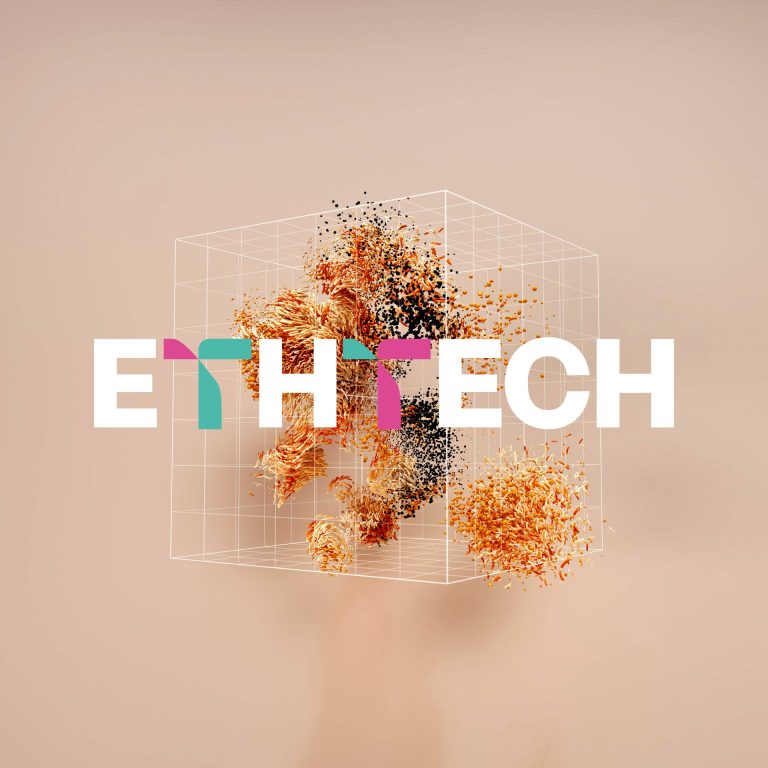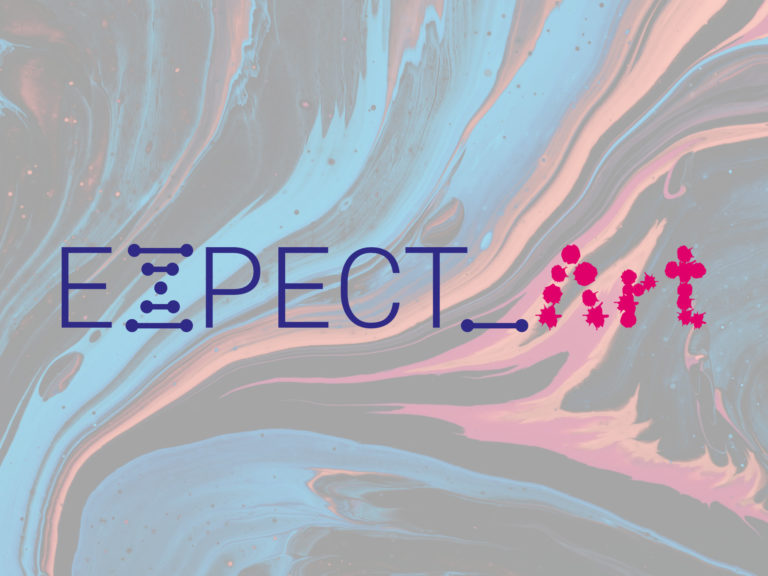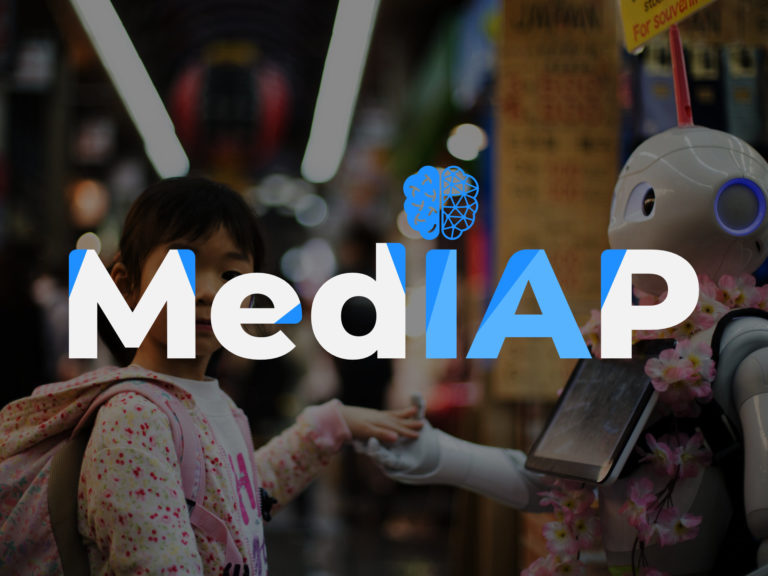Objectives and project relevance
The project aims to generate knowledge on the current situation we find in secondary school, by inquiring into the strategies that young people who are finishing this stage of their education use to learn in and outside school. Our goal is to offer alternatives that help us confront the “alienation, apathy, disaffection, boredom and apprehension that adolescents experience (…) and which suggest that the school is failing to recognize the individual needs identity of the students, and is incapable of offering them positive and motivating opportunities for learning” (Birbili, 2005: 313). Within this aim, our specific research objectives are:
- Contribute to reducing youth disaffection regarding secondary school and the decision to drop out.
- Carry out a critical discourse analysis on to review how young people’s learning is construed in Spanish legislation since the approval of the new educational reform (LOGSE), in pedagogical material (text books and curriculum material) and in research published on young people’s learning.
- Develop an up-to-date state of the art on our understanding of how young people learn in a more holistic and more significant way, starting from literature in the 1990s.
- Undertake a series of ethnographic studies to research learning practices in and outside secondary school, with 5 groups of young people in their last year of compulsory education and involving 5 secondary schools.
- Reveal the role of multiple literacies in young people’s learning practices in and outside school.
- Contribute to our understanding of what it means to do research “with” young people in order to generate collaborative practices in schools.
- Reflect on the results from the 5 ethnographies with discussion groups of teachers and other school stakeholders, in order to improve our understanding and introduce alternatives to the dominate practices of teaching and learning (i.e., those based on reproduction…).
- Disseminate within the educational community the results obtained by bringing together the evidence from the five ethnographies and the discussion groups, in order to contribute towards making the school a place that meets young people’s needs and allows them to experience meaningful, deep learning
This research is innovative in the following ways:
- The originality of the hypothesis. There is a disconnect between what the school considers as “learning” and the learning practices of young people in and outside school, which are develop within communities of peers and make use of multiple literacies. While this has been demonstrated in other countries it is still a novel perspective in the Spanish context.
- By paying attention to the relationship students who are either “failing” or “successful” in school have with learning. Research often overlooks the “successful” students.
- Researching with students, and having the young people’s participation to be recognized in their schools, counting as (or towards) the research project carried out students in the last year of secondary school. This allows the project to impact the dynamic in each centre.
- Comparing modes of learning and the role of multiple literacies in and outside school is an expansion on how this topic is studied, which usually involves only one context.
- Involving the teachers in the study allows us to develop, with them, sustainable alternatives to the issue in question.
- The methodology used, which relies on multi-methods, allows us to represent the complexity of the research theme without being reductive.
- The fact that the knowledge generated by this study will not only disseminated via journal articles and conference presentations, but will also become the basis for discussion groups and will contribute to future teacher training means that this study may help create a new narrative on secondary education, one that shows how the school many become a place where everyone can learn.
Results
Research Team
- Adriana Ornellas
- Alfred Porres Pla
- Enrico Beccari
- Fernando Hernández-Hernández (coordinador)
- Joan-Anton Sánchez Valero
- Juana M. Sancho Gil
- Paulo Padilla Petry
- Rachel Fendler
- Xavier Giró Gràcia
- Maria Domingo Coscollola
- Raquel Miño
Collaborators
- Mari Bajo
- María José de Molina
- Rocío Héndez
- Jorge Negrete
- M. Pietat Horta
- Fernanda Fauth
- Carme Rosado
Participating schools
- IES La Mallola
Esplugues de Llobregat - IES Els Alfacs
Sant Carles de la Ràpita - IES Ribera Baixa
El Prat de Llobregat - Escola Virolai
Barcelona - IES El Palau
Sant Andreu de la Barca
Ministerio de Economía y Competitividad. EDU2011-24122. 2012–2014



